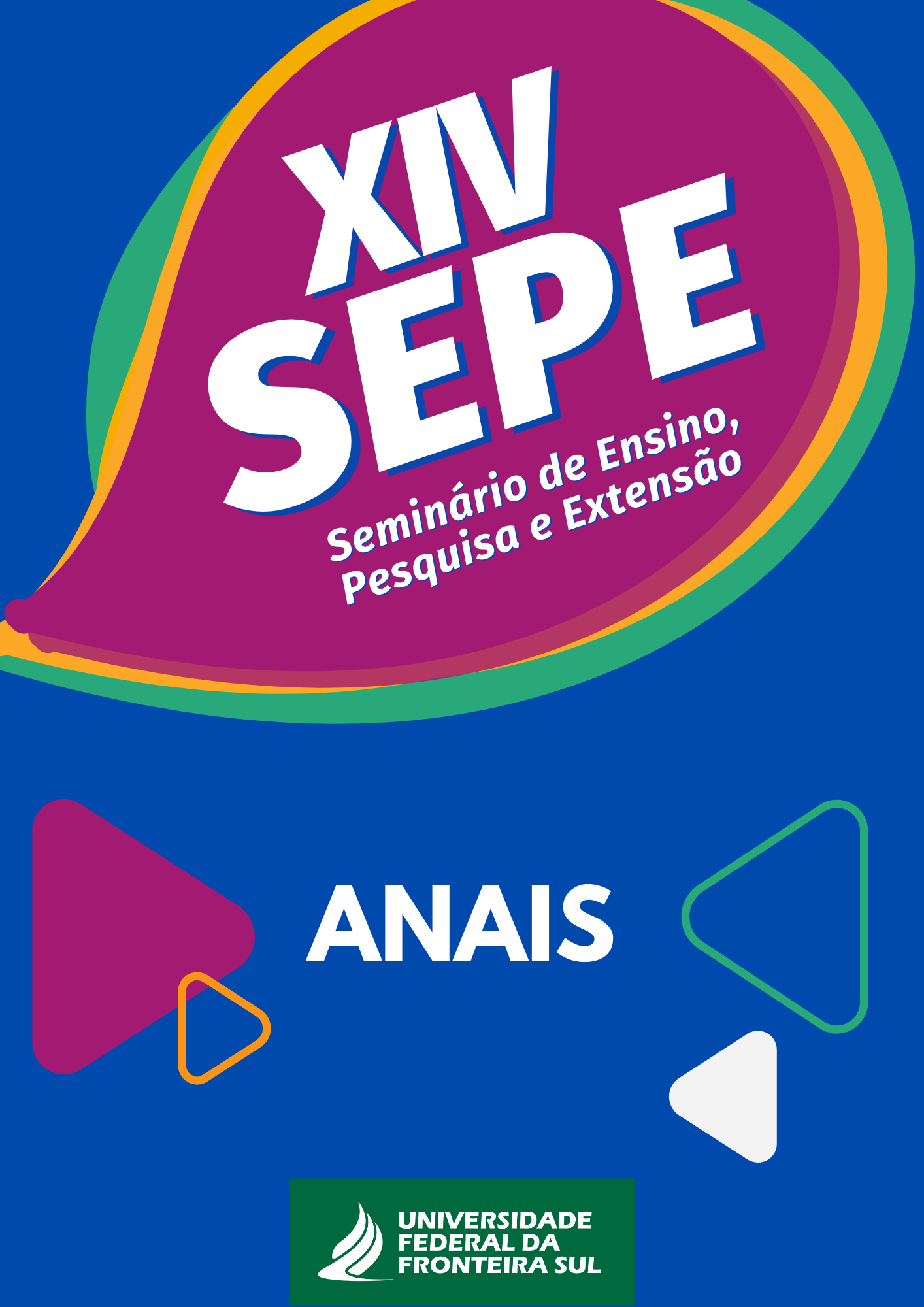CLIMATE JUSTICE FOR INDIGENOUS’ PEOPLE IN BRAZIL’S ENERGY TRANSITION PROGRAMME: THE CASE OF OIL BLOCKS AND HUMAN RIGHTS IMPLICATIONS
Palavras-chave:
CLIMATE JUSTICE FOR INDIGENOUS’ PEOPLE IN BRAZIL’S ENERGY TRANSITION PROGRAMME: THE CASE OF OIL BLOCKS AND HUMAN RIGHTS IMPLICATIONSResumo
In 2025, the Federative Republic of Brazil will host the 30th Conference of the Parties (COP30) under the United Nations Framework Convention on Climate Change (UNFCCC), an international treaty signed in 1992 with the goal of stabilizing greenhouse gas concentrations in the atmosphere. COP30 will serve as a platform to review the objectives of the Paris Agreement, signed in 2015, and to define new pathways for climate policies among its signatory countries. The conference will also provide an opportunity for international actors to assess the progress made since the adoption of the Just Transition Work Programme (JTWP), with a particular focus on strategies to reduce greenhouse gas emissions while advancing climate justice and addressing inequalities both between countries and within each national context. Brazil has recently updated its Nationally Determined Contribution (NDC), committing to the “approval of the legal framework and regulation of the carbon market” as part of its strategy for energy transition and reduce fossil fuel dependency. Nevertheless, the Brazilian government launched an “oil auction” offering exploration rights for oil blocks, including rivers in the Amazon rainforest. This may be contradiction to the policies to which tge government has committed to, including decarbonization goals. However, the present research focuses on the State of Paraná, specifically its western region, which includes indigenous territories and, of particular concern, the Rio das Cobras Indigenous Territory, an area that could be affected by oil exploration initiatives. The study examines the intersection between climate policy, energy transition, and indigenous rights, emphasizing the obligation to ensure the right of consultation as stipulated in the Indigenous and Tribal Peoples Convention, 1989 (ILO Convention No. 169). Furthermore, it investigates the role of public participation in environmental governance and the extent to which governmental actions align with international human rights standards and the actions of the government to ensure the right to participate in the public process. Therefore, the research employs a literature review and documentary analysis, drawing primarily on legislative sources, policy documents, and official reports, and aims to provide a critical assessment of how subnational contexts, such as Paraná, reflect broader tensions in Brazil’s climate governance, particularly in balancing sustainable development, indigenous rights, and fossil fuel exploitation. Preliminary findings suggest tension between Brazil's international climate commitments and national energy policies, with significant implications for the rights of indigenous peoples. They highlight the need for stronger consultation and participation mechanisms to ensure that climate governance is aligned with human rights obligations. These reflections contribute to the broader debate on how subnational contexts can shape, challenge, or reinforce national strategies for sustainable development.
Downloads
Publicado
Edição
Seção
Licença
Copyright (c) 2025 Wellen Pereira Augusto, João Paulo Peres Bezerra, Gilza Maria de Souza-Franco

Este trabalho está licenciado sob uma licença Creative Commons Attribution-NonCommercial 4.0 International License.



